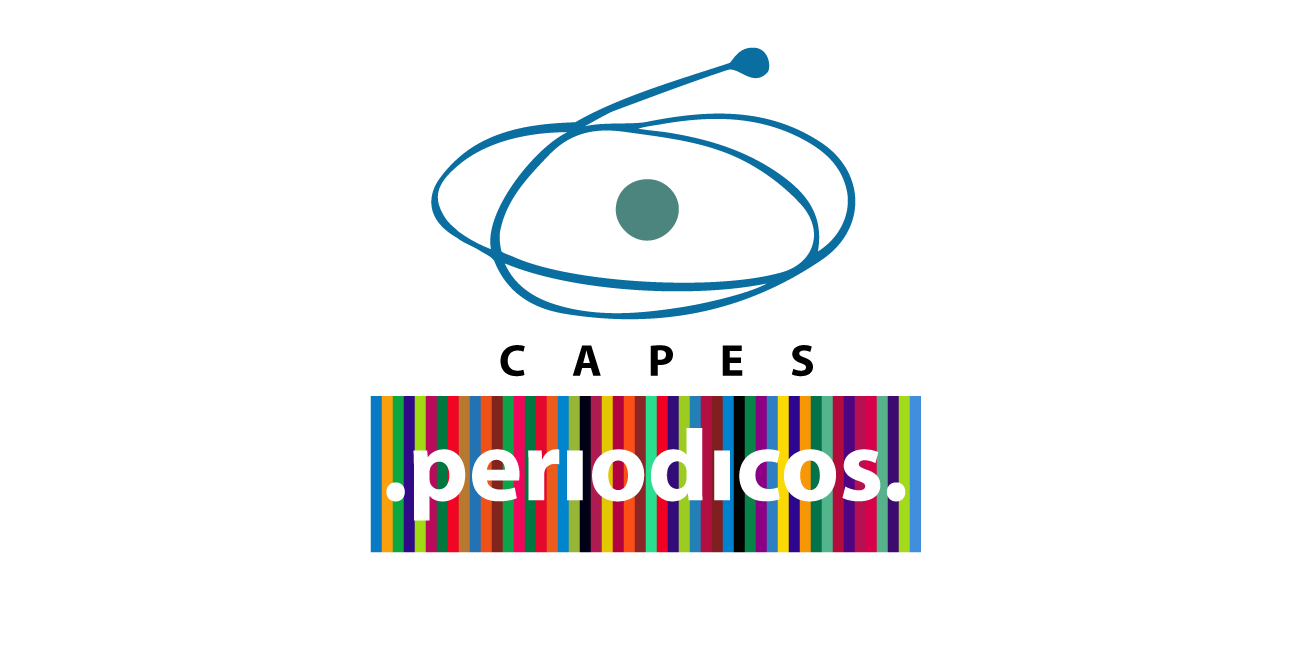THE INSTITUTE OF ARBITRATION IN THE NEW CODE OF CIVIL PROCEDURE AND ITS RELATIONSHIP TO CONSUMERS´ RIGHTS
DOI:
https://doi.org/10.17765/2176-9184.2016v16n2p487-502Keywords:
Arbitration, Consumer.Abstract
Arbitration is discussed as an alternative for the solution of conflicts. The paper demonstrates the applicability of the institution with regard to consumers. The social, technological, economic and political evolution of the 20th century gave birth to fast and efficient mechanisms to solve several types of conflicts since delay and costs imposed by the State shunned the less favored citizen. Through such expediencies, the parts feel satisfied since time is important and basic in the solutions of conflicts. Law 13129 and the new Code of Civil Procedures deal with the institute and guarantee a different type of solution. Certain caveats are required so that the Vulnerability Principle in the Code for the Defense of Consumers may be respected. Current research employs the analytic method and bibliographical research technique for results.Downloads
Additional Files
Published
2016-08-31
How to Cite
Ragazzi, J. L., & Lasmar, E. T. (2016). THE INSTITUTE OF ARBITRATION IN THE NEW CODE OF CIVIL PROCEDURE AND ITS RELATIONSHIP TO CONSUMERS´ RIGHTS. Revista Jurídica Cesumar - Mestrado, 16(2), 487–502. https://doi.org/10.17765/2176-9184.2016v16n2p487-502
Issue
Section
Doutrinas
License
A Revista se reserva o direito de efetuar, nos originais, alterações de ordem normativa, ortográfica e gramatical, com o intuito de manter o padrão culto da língua, respeitando, porém, o estilo dos autores. As opiniões emitidas pelos autores são de sua exclusiva responsabilidade.
Os direitos autorais pertencem exclusivamente aos autores. Os direitos de licenciamento utilizado pelo periódico é a licença Commons Atribuição 4.0 Internacional. São permitidos o compartilhamento (cópia e distribuição do material em qualquer meio ou formato) e adaptação (remixar, transformar, e criar a partir do trabalho, mesmo para fins comerciais), desde que lhe atribuam o devido crédito pela criação original.
















